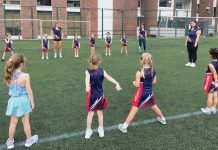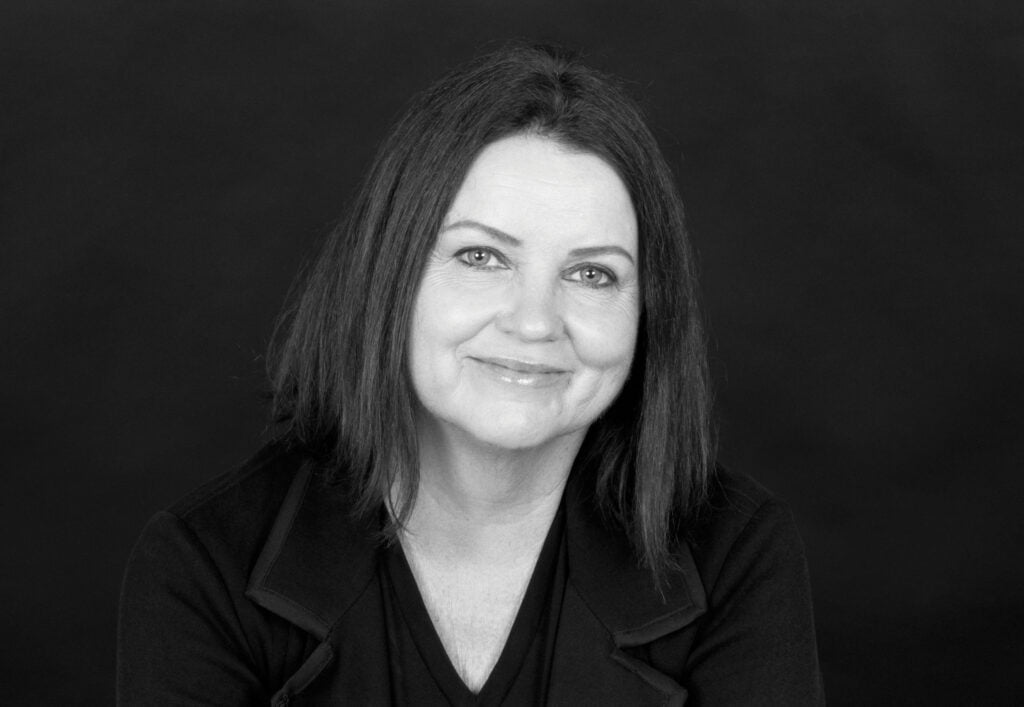
International Women’s Day (IWD) on 8 March is a yearly global event celebrating the social, economic, cultural, and political achievements of women. To mark the occasion, we speak to Penelope Shone, New Zealand born 1st Vice President of AWARE, about the role of women in Singapore today, the constant strive for change, the support available, and the future of females.
AWARE (Association of Women for Action and Research) registered in Singapore in 1985. What have been the most significant changes for women since then?
From the very beginning, AWARE has advocated for a wide array of measures to achieve gender equality. For example, AWARE’s research on workplace sexual harassment, and system inadequacies, contributed to the passing of the Protection From Harassment Act (POHA) in 2014. Since then, we’ve continued to campaign and work with various individuals and groups for improvements to POHA, including the criminalisation of harassment, stalking and intimate partner violence.
Other gender equality improvements include, after persistent advocacy by AWARE and other groups, marital rape immunity finally being repealed in 2019 with Singapore’s Criminal Law Reform Bill; as well as increased access to housing being granted to single-parent families in Singapore.
What AWARE campaigns are you most proud of?
I admire the Women’s Helpline, which has been operational since 1991. It has no agenda other than to support women in distress and to help them understand the options available to them. Calls to the helpline have provided AWARE with a great deal of information about specific issues women are struggling with in Singapore, including a range of sexual violence behaviours. The research and advocacy team analyses this data and presents a case to policy-makers and institutions to strengthen laws accordingly. I was also moved by a video the team made for the Aim for Zero campaign, featuring 10 sexual violence survivors recounting their experiences of trauma and recovery. It’s incredibly powerful to watch. (See the video at aimforzero.sg).
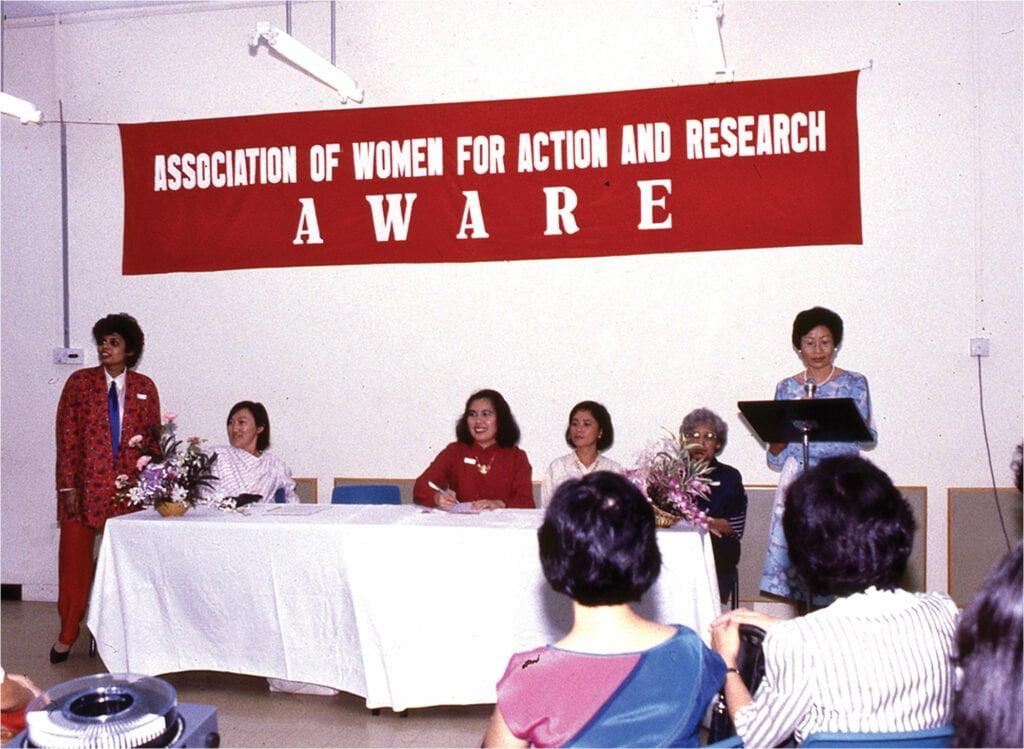
What’s the ‘toughest’ issue for AWARE to tackle?
The perception that the work of AWARE, and feminism itself, is marginal, or incompatible with marriage, motherhood or religious beliefs. I believe that gender equality benefits everyone and everyone should challenge views that don’t give equal opportunity to women, or that encourage women to be passive or serve men. Without active engagement, the gains made by feminists of the past can easily be lost.
How much did the #MeToo Movement impact the lives of women here?
It gave courage to sexual assault and harassment survivors around the world, enabling them to share their experiences. When #MeToo first emerged in the last quarter of 2017, our Sexual Assault Care Centre in Singapore saw a 79% increase in the number of people reaching out to us as compared to the previous quarter.
When, in 2019, NUS student Monica Baey spoke up in public after experiencing sexual voyeurism, many others in Singapore filed their own sexual misconduct complaints and spoke more candidly about their experiences. On the whole, after #MeToo, there has been a growing understanding of the pervasiveness of sexual harassment, an increased ability to recognise it as a crime, and a more general awareness of the need for resources to support those who are involved.
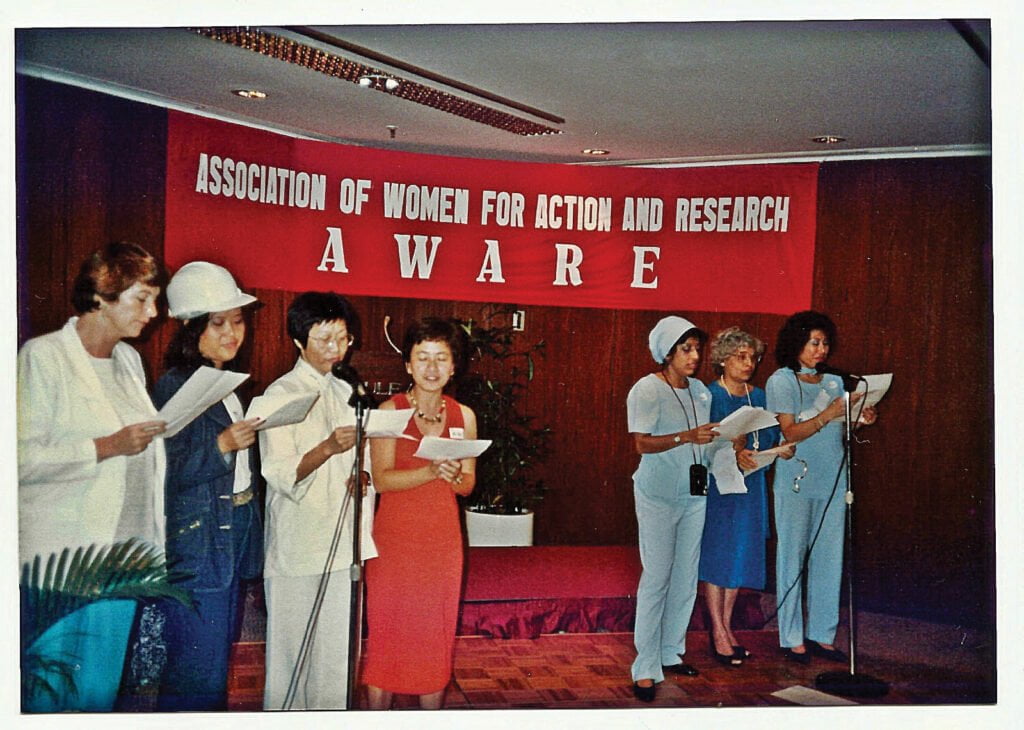
How much has the pandemic set back AWARE’s great work?
Women are more vulnerable to economic shocks and domestic violence than men, and more likely to bear the burden of unpaid caregiving, so the Covid-19 pandemic has amplified women’s challenges. Many of the industries hardest hit have been professions where we see a significantly higher percentage of women, such as F&B and service industries. Accordingly, many women – who might have already been working part-time in order to balance care responsibilities – found their hours cut or lost their jobs entirely. In 2020, AWARE joined with Beyond Social Services, Cassia Resettlement Team and other organisations to form the Mind the Gap fund, distributing financial assistance and support to a number of low-income households affected by Covid.
What about cases of domestic violence?
We had more calls to our Women’s Helpline about domestic violence during Singapore’s circuit breaker periods, and for the full year of 2020, we received an all-time high of 6,712 calls, and one in four were about abuse and violence. During Covid, we began providing our services remotely. Counselling, legal consultation, case management and befriending support became available through phone or video platforms. We expanded our helpline services to include an additional phone line and an online chat service, recognising that many individuals who are stuck at home with their abusers might not have sufficient privacy to make a call in safety.
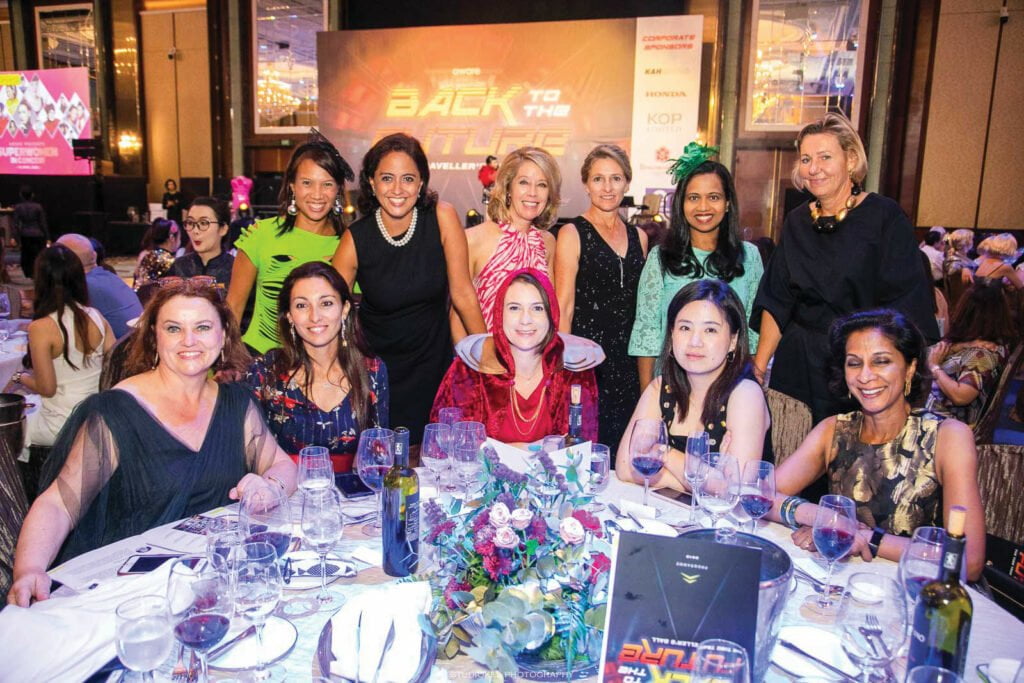
What are the most pressing issues for women in Singapore today?
Workplace sexual harassment continues to require attention in Singapore. In January 2021, a national survey we conducted with Ipsos found that two in five workers had experienced some form of workplace sexual harassment in the previous five years. In December 2021, we launched a report titled I Quit. It highlighted how many women who experience harassment end up quitting their jobs, spending months or years out of work, going through extended periods of low productivity and facing other career disruptions. We’ve recommended that the government develop national legislation to deal with the subject of workplace sexual harassment.
Another issue is sexual violence, including technology-facilitated sexual violence. Victim-blaming places the blame for sexual violence on the survivor by implying that she was responsible for preventing her assault, instead of placing the blame on the person truly responsible – the perpetrator. Seven in 10 clients at our Sexual Assault Care Centre ultimately do not report their experiences of sexual violence to authorities, largely due to fears of not being believed, as well as a reluctance to undergo the arduous and lengthy criminal justice process. AWARE has been advocating for the criminal justice system to be made more trauma-informed and empathetic to survivors. We also conduct a workshop called Sexual Assault First Responder Training (SAFRT), which has to date equipped more than 1,000 members of the public with the skills to support survivors of sexual violence without blame or judgement.
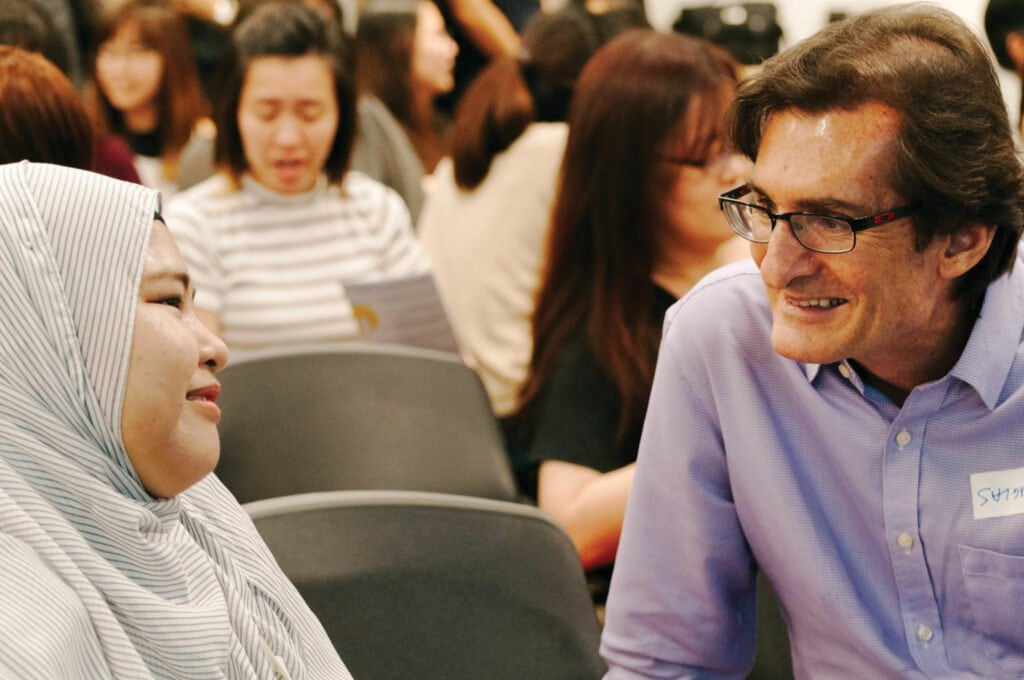 What can men do to assist with female inequality issues?
What can men do to assist with female inequality issues?
There are many things men can do on an individual, day-to-day level: everything from performing an equal share of the domestic chores in their households and taking their full allotment of paternity leave, to being respectful and caring towards others and sponsoring women into powerful positions. Fathers have a particular role to play in modelling emotional openness and personal responsibility, and in helping their children understand the need for healthy relationships.
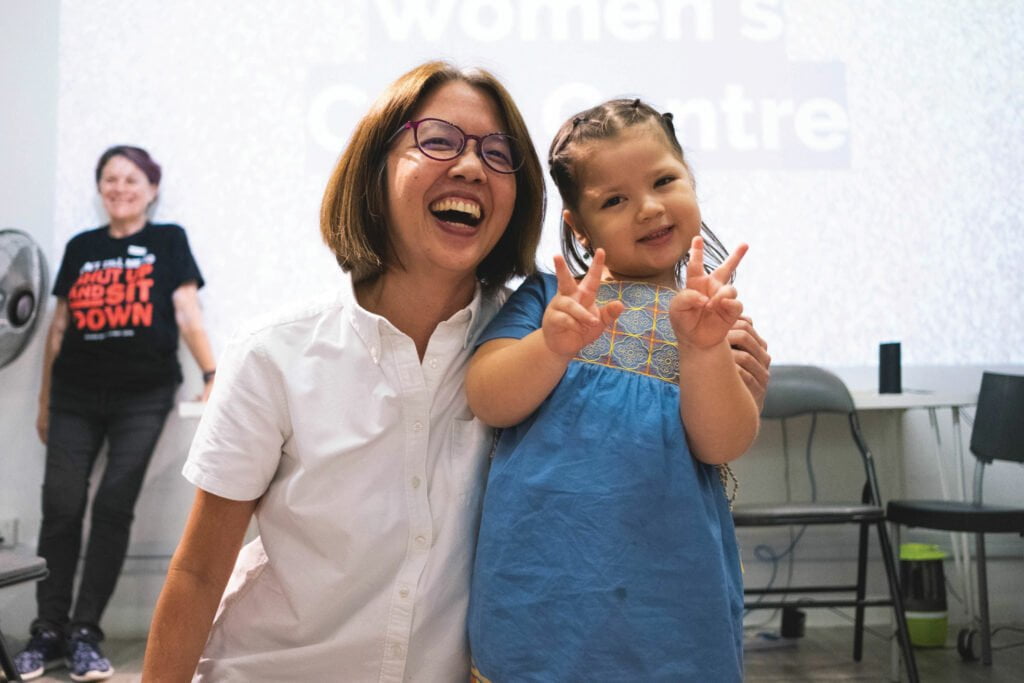 How can we better raise our children (of all genders) to be aware of inequalities?
How can we better raise our children (of all genders) to be aware of inequalities?
This is a hard one and perhaps the most important of all. Societal norms are ingrained from a young age. Parents are the role models for behaviour and attitudes and they themselves have conscious and unconscious biases about gender roles. They would do well to understand and challenge many of their own assumptions. By educating children from a young age, parents can prevent gender stereotypes and norms from being entrenched and create a more equal division of roles and responsibilities between boys and girls.
Comprehensive sexuality education is another crucial opportunity to foster the values of gender equality, consent and respect, and a healthy attitude towards sex, among youths and adults. Education about real consent is a key concept related to addressing sexual violence.
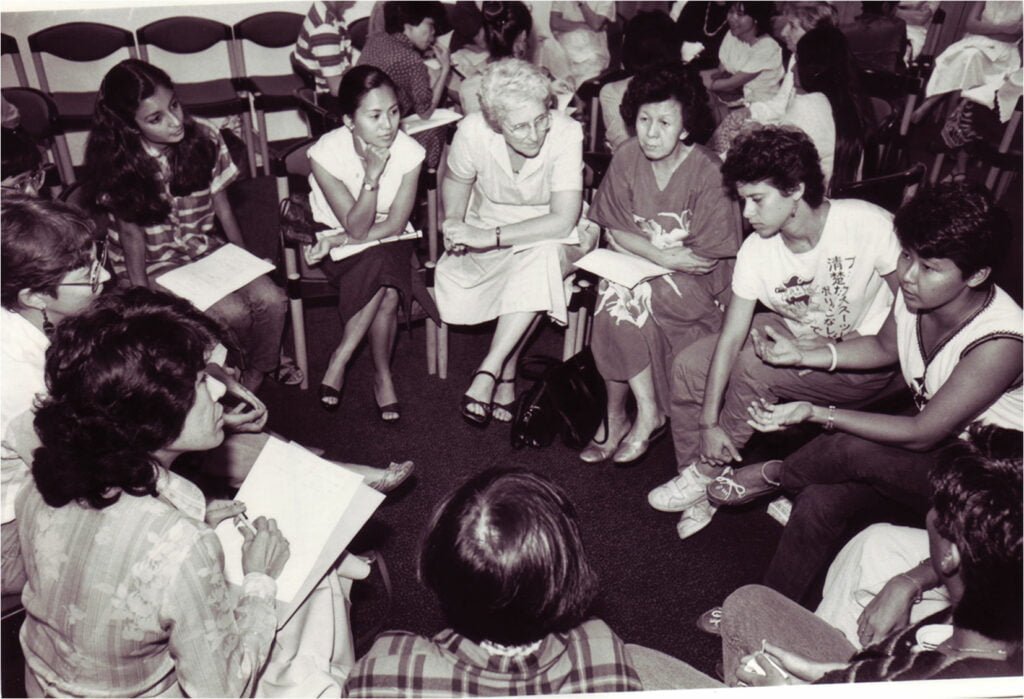
How You Can Support AWARE
AWARE welcomes all kinds of support from generous donors, volunteers, members and the wider public. Their ongoing campaign, Hope In The Dark, is aimed at funding the fight against sexual violence in Singapore by galvanising bystanders to become more active allies. By donating to the campaign, supporters will help to sustain the services of their Sexual Assault Care Centre, and also allow them to continue important research work into sexual violence.
www.facebook.com/awaresg
twitter.com/awarenews
www.instagram.com/awaresingapore/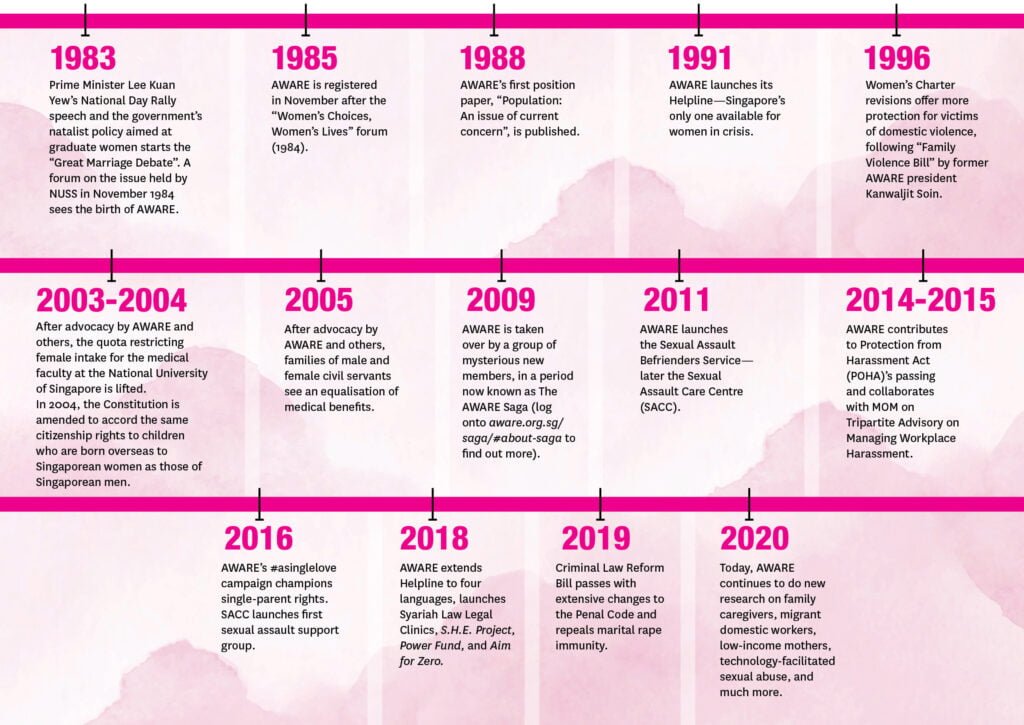 www.linkedin.com/company/10355477/
www.linkedin.com/company/10355477/
About Penny Shone
Penny Shone was born in New Zealand. She has been a resident of Singapore since 1985, and an AWARE member for 20 years. She led international public affairs and communications for General Electric across 150 countries, and prior to that, was a managing director at Citigroup for 12 years, leading the company’s public affairs, communications and citizenship strategies across Asia Pacific.
Find out more about AWARE at aware.org.sg. To celebrate the International Women’s Day 2022 theme of #BreakTheBias, view AWARE’s events and partnerships and contribute to the cause here



